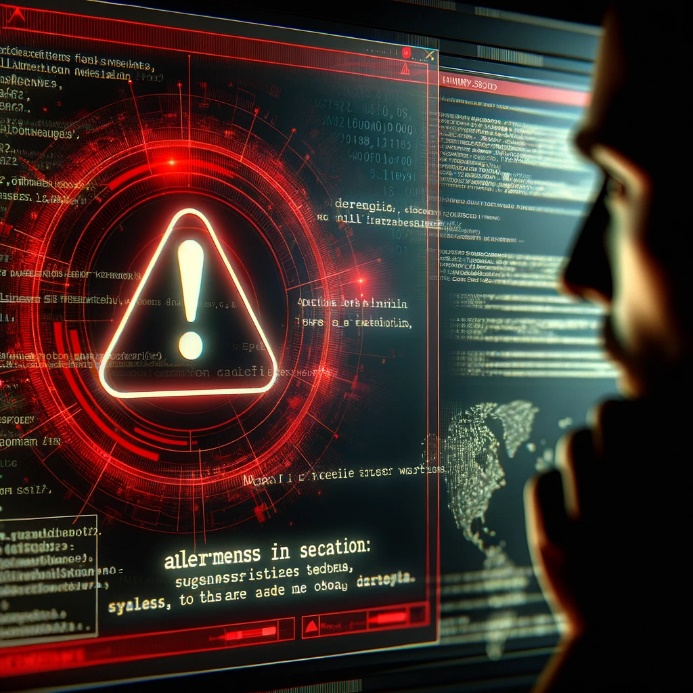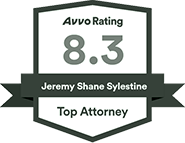Austin Computer Fraud Lawyer

Computer fraud in Austin covers any illegal activity involving a computer, often focusing on deception or theft. If you find yourself facing criminal charges in Austin related to your computer use, it's vital to grasp what these charges entail and the impact they could have on your life. The consequences can be serious, affecting not just your immediate future but your long-term reputation and freedom as well.
Navigating the legal system and defending against computer fraud charges requires knowledge and skill. It's important to have a strong defense to protect your rights and achieve the best possible outcome. A skilled defense lawyer can review your case, identify potential defenses, and guide you through the legal process. Austin computer crime lawyers at Cofer & Connelly, PLLC can help you understand your rights and options.
You can contact Cofer & Connelly, PLLC by calling (512) 991-0576 or contacting us online for a consultation with a criminal defense attorney in Austin. We can provide the guidance and support you need during this challenging time.
Breach of Computer Security Charges
Under Texas Penal Code Section 33.02, if you knowingly access a computer, computer network, or computer system without the owner's consent, you are committing a crime. The basic offense is a Class B misdemeanor punishable by up to 180 days in jail and up to a $2,000 fine. However, if you have been convicted of this offense twice or more before, or if the computer belongs to the government or a critical infrastructure facility, the offense is upgraded to a state jail felony punishable by 180 days to 2 years in jail and up to a $10,000 fine.
More Serious Charges for Breach of Computer Security
If you access a computer without consent with the intent to harm or defraud another person, or to damage, delete, or alter property, the crime becomes more serious. For instance, if you access a computer network to steal or damage data, or to delete property, you can face charges ranging from misdemeanors to felonies, depending on the value involved.
For example, if the amount involved is less than $100, you will be charged with a Class C misdemeanor. If the amount is between $100 and $750, it is a Class B misdemeanor. If the amount is between $750 and $2,500, you will face a Class A misdemeanor charge punishable by up to 1 year behind bars and a $4,000 fine. When the amount is between $2,500 and $30,000, it becomes a state jail felony. If the value is between $30,000 and $150,000, it is a third-degree felony punishable by 2-10 years in prison and up to a $10,000 fine. If the amount is between $150,000 and $300,000, it becomes a second-degree felony punishable by 2-20 years in prison and up to a $10,000 fine. Lastly, if the value exceeds $300,000, it is classified as a first-degree felony punishable by up to life in prison and a $10,000 fine.
The law also allows for aggregation, meaning that if multiple incidents result in fraud, harm, or property damage, these can be combined into a single offense. This aggregation can significantly increase the severity of the charges and the potential penalties.
Online Impersonation Charges
Under Texas Penal Code Section 33.07, it is illegal to use another person's name or persona online without their consent with the intent to harm, defraud, intimidate, or threaten anyone. For instance, if you create a web page or post messages on social media using someone else's name without their permission, you are breaking the law.
Sending emails, instant messages, or text messages that make the recipient believe they are from another person, when they are not, is also covered under this law. If you send these communications without the person's consent and intend to deceive the recipient, you can be charged. Typically, this offense is a Class A misdemeanor punishable by up to 1 year in jail and up to a $4,000 fine. However, if the intent is to solicit a response from emergency personnel, the charge is elevated to a third-degree felony.
Legal Consequences & Penalties for Computer Fraud Crimes
Computer fraud charges can have severe consequences, ranging from misdemeanors to first-degree felonies. Penalties may include significant fines, jail time, and a criminal record that can affect your future. The severity of the penalties depends on the nature and extent of the offense, including the amount involved and the harm caused.
If you are charged with a Class C misdemeanor, the penalties might include a fine of up to $500. A Class B misdemeanor can result in up to 180 days in jail and a fine of up to $2,000. For a Class A misdemeanor, you could face up to one year in jail and a fine of up to $4,000.
State jail felonies carry a sentence of 180 days to two years in a state jail and a fine of up to $10,000. Third-degree felonies are punishable by two to ten years in prison and a fine of up to $10,000. Second-degree felonies can lead to two to twenty years in prison and a fine of up to $10,000. First-degree felonies are the most severe, with penalties of five to ninety-nine years or life in prison and a fine of up to $10,000.
Defending Against Computer Fraud Charges in Texas
Lack of Intent
To be convicted of computer fraud under Texas law, the prosecution must prove beyond a reasonable doubt that you had the intent to defraud, harm, or alter property. This means they must show that you purposely accessed a computer or network with malicious intent. If you can show that you lacked this intent, you might avoid a conviction. Here are several ways to argue a lack of intent:
Accidental Access
One common defense is that your access to the computer, network, or system was accidental. Computers and networks can be complex, and it’s easy to unintentionally access systems without realizing it. If you can show that your actions were accidental and not driven by a fraudulent or harmful purpose, this can serve as a strong defense. For example, you might have entered the wrong password multiple times, leading to unintended access to restricted areas of a network.
Mistaken Identity
In some cases, you might be wrongfully accused because of mistaken identity. Cyber activities can be traced back to specific IP addresses, but these addresses can be misleading. Someone else could have used your internet connection without your knowledge, or a hacker could have spoofed your IP address.
No Harm or Fraudulent Outcome
Another defense is to show that, although you accessed a computer or network without authorization, you did not intend to harm, defraud, or alter property, and no harm or fraud occurred. This can involve demonstrating that your actions were harmless, such as accessing the system out of curiosity or by mistake, without any intent to misuse the information or cause damage.
Legitimate Purpose
Sometimes, you might have a legitimate reason for accessing a computer or network that the prosecution views as unauthorized. For instance, you might have been conducting a security test with the implied consent of the owner, or you believed you had permission to access the system. In those cases, proving your legitimate purpose and good faith can help show a lack of criminal intent.

-
"Excellent all around. Highly recommend."W. N.
-
"I am eternally grateful for all of the efforts they put in to go above and beyond for everyone they help."Former Client
-
"They really listen to and care about their client's needs and consistently fight for the best outcome! I am eternally grateful for all of the effort they put in to go above and beyond for everyone they help."C.D.
-
103 Years of Experience































